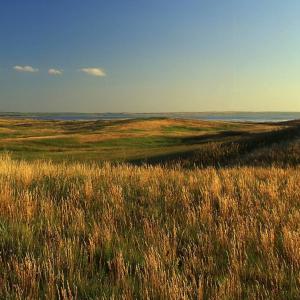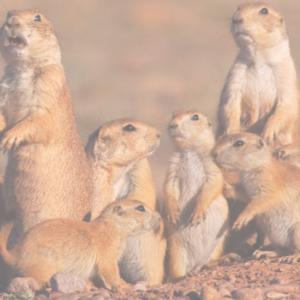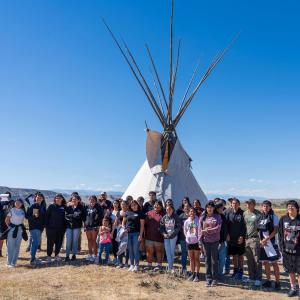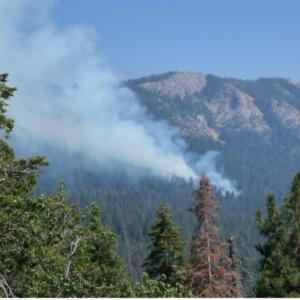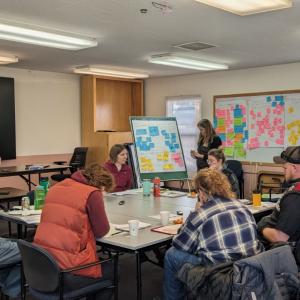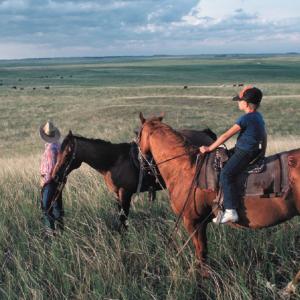News
New RCAP product now out!
The US Great Plains, stretching over 1,300 miles from the US-Canada border to Texas, constitutes a crucial and ecologically diverse region in the heart of North America. Understanding processes and their drivers is of paramount importance in the face of increasing water demands, growing environmental challenges, and the uncertainties associated with future climate change.
Upcoming Webinar: Thursday, March 14 - POSTPONED due to weather
POSTPONED due to weather. We will send an email out with a new date as soon as we confirm. Learn more about the potential landscapes identified for the conservation of the prairie dog ecosystem across North America’s Central Grasslands. These priority areas represent 17% of the historical distribution of black-tailed prairie dogs and remain strongholds under projected climate change.
Upcoming Training for Sagebrush Conservation Practitioners
The North Central, Southwest, Northwest, and South Central CASCs are collaborating with Boise State University and the US Fish and Wildlife Service to host a series of virtual workshops for sagebrush conservation practitioners. Imtiaz Rangwala, Climate Science Lead for the NC CASC, is involved in advising and developing materials for the trainings.
Wind River Indigenous Youth Culture & Climate Camps
Grassroots to Governance is a Wind River specific holistic approach that involves engaging and empowering people at the local, community level (grassroots) and extending their involvement and influence up to the higher levels of decision-making (Tribal governance). Read more in our new Spotlight story!
Cross-Park RAD Focus Groups
The Cross-Park RAD project team members (including NC CASC’s Heather Yocum) announce that their focus groups are in progress! They’ve just returned from back-to-back visits to Sequoia Kings Canyon (SEKI) and North Cascades (NOCO) where they had the chance to engage with park staff and explore decision-making processes related to ecological transformation.



